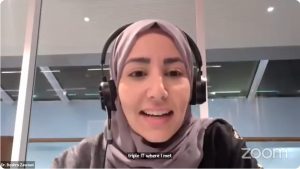Webinar Report: Discovering Charles Dickens: Reading Oliver Twist Through the Lens of Islam
The International Institute of Islamic Thought (IIIT) hosted Dr. Md. Mahmudul Hasan, professor in the Department of English Language and Literature at International Islamic University Malaysia (IIUM), on September 27, 2023, for a lecture titled, “Discovering Charles Dickens: Reading Oliver Twist Through the Lens of Islam.” In the talk, Dr. Hasan shared part of his ongoing research on reading Victorian English literature from an Islamic perspective. It was moderated by Dr. Boshra Zawawi, a senior instructional designer at the Fairfax University of America (FXUA).
Dr. Hasan began with explaining the respect the Prophet Muhammad (pbuh) had for poets whose literary output had Islamic undercurrents even though they themselves were not Muslim. Therefore, instead of indiscriminately decrying Western literature, Dr. Hasan remarked that we should examine whether the content has Islamic connotations.
At the same time, Dr. Hasan acknowledged that English literature has been a colonial and imperial project which is distinctly Eurocentric. He further documented the various efforts underway by scholars to decolonize and indigenize literature. In the same vein, he emphasized the need to make English literature more relevant to Muslim students by focusing on reading them from an Islamic perspective so that it takes on a “salvific value,” as phrased by Dr. Ismail al Faruqi. In this way, students will not feel disconnected from the subject matter, he argued.
Regarding Dickens, Dr. Hasan first tackled the numerous allegations against the author regarding the antisemitism present in his work, his silence on colonialism and the slave trade, as well as his mistreatment of his wife. Yet, he contended that Oliver Twist highlights social justice which is an important Islamic value and can be centered during the teaching of the book. The antisemitism in the novel can be connected with media caricaturing of Muslims today while teachers can also underscore Islamic views on purity of children, irrespective of their illegitimate birth, and the significance of good conduct towards orphans.
The webinar drew a diverse audience from many different countries such as Italy, Egypt, South Korea, Mauritius, Malaysia, Turkey, Jordan, United Kingdom, United States, among others. After the presentation, Dr. Zawawi moderated the Question and Answer session where the attendees’ keen interest in the topic and their desire to learn more about ways to adopt such a methodology were quite apparent.
To view a recording of the webinar, please click here.
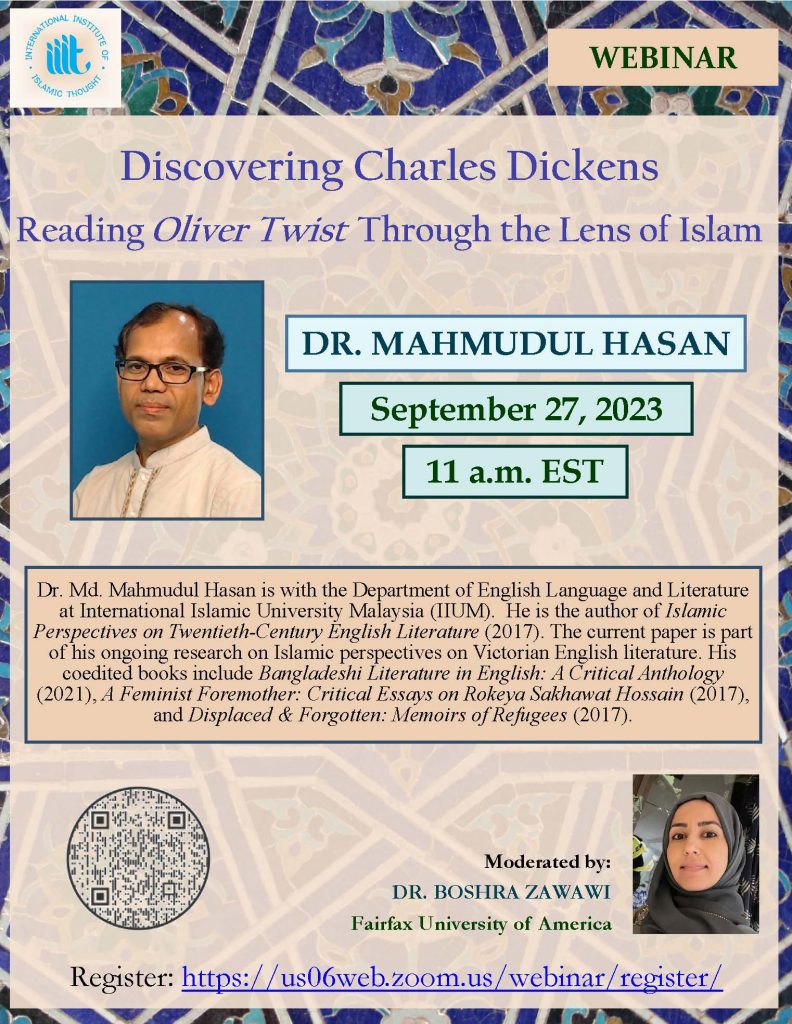
About Professor Dr. Md. Mahmudul Hasan
Dr Md. Mahmudul Hasan is with the Department of English Language and Literature at International Islamic University Malaysia (IIUM). Since he completed a PhD in comparative literature at the University of Portsmouth, he has taught at the University of Dhaka (3 years) and IIUM (13 years) in addition to doing a postdoctoral stint at the University of Heidelberg, Germany. He has presented papers at conferences held in the USA, UK, Australia, Japan, Canada, Malta, and other countries. Dr Hasan has published extensively in the fields of postcolonial, Islamic, South Asian and Muslim diasporic literatures as well as Islamic and English studies with presses such as the Asiatic Society of Bangladesh, Brill, Georgia Southern University, IIIT, Orient BlackSwan, Routledge, SAGE, Wiley-Blackwell and others. He guest-edited (with Mohammad A. Quayum) “Special Focus: Bangladeshi Literature in English,” Journal of Postcolonial Writing (Routledge), 58:6, 2022.
In addition to teaching, research, and supervision experiences, Dr Hasan has developed academic and research skills through editorial involvement in journals and research projects. He edited Journal of the Asiatic Society of Bangladesh (Humanities) and currently edits Asiatic: IIUM Journal of English Language and Literature.
Dr Hasan received pre-university education under Bangladesh Madrasah Education Board where the curriculum included courses in Arabic and Islamic studies along with more general subjects. This background has proven immensely useful in his pursuit of looking at English literary texts from Islamic perspectives.
He is the author of Islamic Perspectives on Twentieth-Century English Literature (2017). The current paper is part of his ongoing research on Islamic perspectives on Victorian English literature. His coedited books include Bangladeshi Literature in English: A Critical Anthology (2021), A Feminist Foremother: Critical Essays on Rokeya Sakhawat Hossain (2017), and Displaced & Forgotten: Memoirs of Refugees (2017). His most recent journal article is “African and Islamic: Doris Lessing’s Notion of Writerly Commitment in ‘The Small Personal Voice’” (2023).

MODERATOR:
Boshra Zawawi is a senior instructional designer at FXUA. She holds a Ph.D. in Learning Technologies Design Research, a Master of Education in Curriculum and Instruction with a concentration in Instructional Design and Development, and an e-Learning Graduate Certificate from George Mason University.
Dr. Zawawi is a creative and passionate designer who continuously searches for interactive learning solutions to support learning excellence and students’ achievement. She holds exceptional knowledge of instructional design (ID) models, adult learning theories, and sound pedagogical strategies to create learner-centered learning environments.
Dr. Zawawi has several years of ID expertise in higher education, private, and government sectors. She also has previous experience teaching in higher education. She is an Adobe Certified Professional – Adobe Captivate.
Dr. Zawawi has several publications focusing on online learning technologies, social learning, and integrating formal and informal learning for higher education students. She presented her research at national and international conferences in the Netherlands, Saudi Arabia, and the United States. Dr. Zawawi is also the Director of Communities of Practice at the Association for Talent Development (ATD) Metro D.C. Chapter.
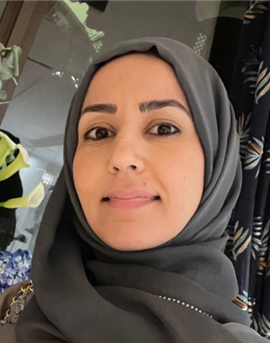
Recommended Posts
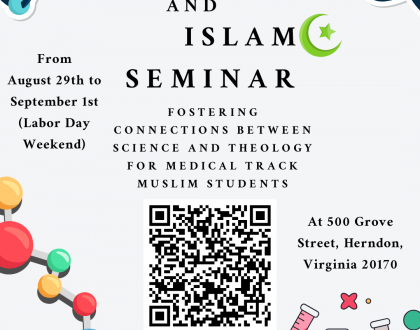
Exploring Bioscience & Islam Seminar Series
May 21, 2025

IIIT at AERA 2025 Annual Meeting
April 14, 2025
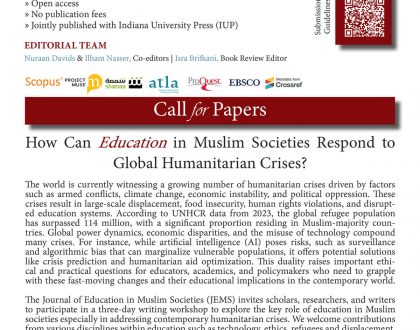
JEMS – Call for papers
April 11, 2025

